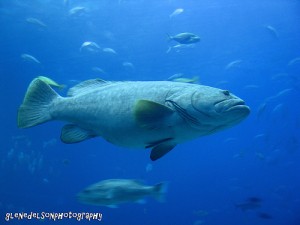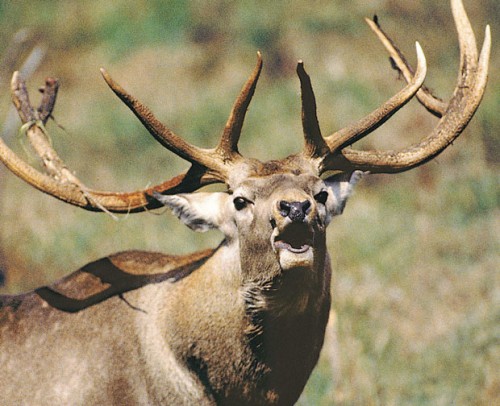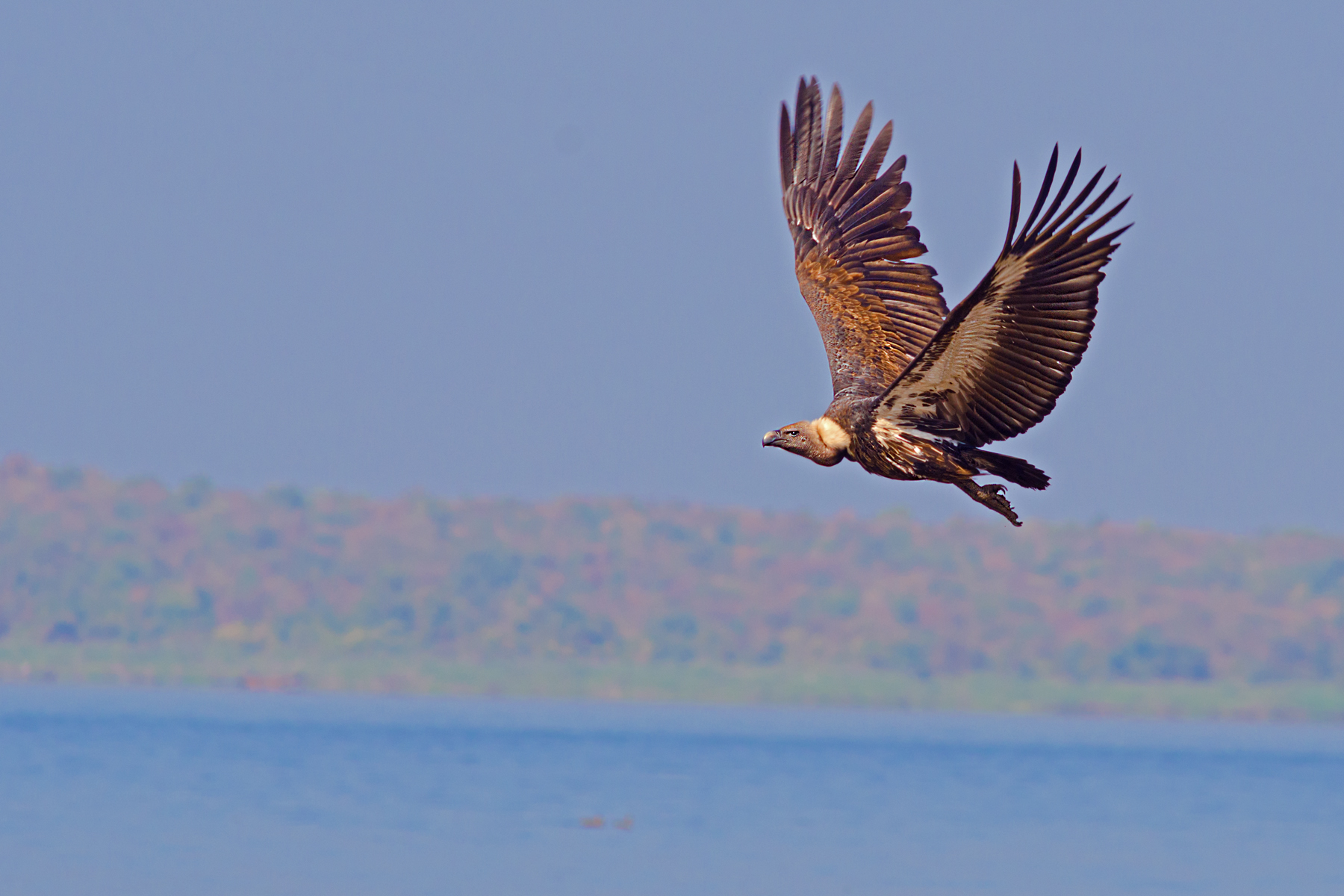 What would happen if there were no tigers in the forest? The deer population would increase drastically eventually clearing up the whole forest. It is the same shocking scenario that has come into the forefront after University of British Columbia researchers found out that the number of big predatory fishes in the world oceans is depleting due to over fishing by humans. Small fishes on the other hand are thriving and over the last 100 years their numbers have doubled.
What would happen if there were no tigers in the forest? The deer population would increase drastically eventually clearing up the whole forest. It is the same shocking scenario that has come into the forefront after University of British Columbia researchers found out that the number of big predatory fishes in the world oceans is depleting due to over fishing by humans. Small fishes on the other hand are thriving and over the last 100 years their numbers have doubled.
The findings are shocking because it indicates that humans might have used the ocean’s capacity to provide us with food.
“Overfishing has absolutely had a ‘when cats are away, the mice will play’ effect on our oceans,” said Villy Christensen, a professor in the UBC Fisheries Centre. “By removing the large, predatory species from the ocean, small forage fish have been left to thrive.”
The researchers found that population of predatory fishes in the sea like cod, tuna and groupers have declined worldwide. What’s more the decline has been more rapid in the last 40 years.
The team examined more than 200 marine ecosystem models and arrived at the results after studying more than 68,000 fish biomass from 1880 to 2007.
“It is a very different ocean that we see out there,” said Christensen. “We are moving from wild oceans into a system that is much more like an aquaculture farm.”
While the number of small fishes has increased many folds, the researchers fear their days are numbered too as they are being used as fish baits for human run fisheries.
Fishing for food is something human beings have done for eternity. Even are forefathers used their fishing skills to have a meal. But what experts fear is that while the technique of fishing has improved tremendously, it is ultimately of no use if there are no fishes in the water to catch!
“It looks like we are fishing harder for the same or less result and this has to tell us something about the oceans’ health. We may in fact have hit peak fish at the same time we are hitting peak oil.”
The future of fishing becomes all the more grave when one adds the climate change issue into picture. As the researchers say,
“Our study indicates indeed we may get a double whammy from climate change,” said Christensen. “In the sense that higher water temperatures… are going to mean there will be less fish in the ocean.”
Jacqueline Alder from the United Nations Environment program has suggested an immediate cut back in the number of fish boats and fishing days in the oceans worldwide. It may at least give some time for the fishes to increase in numbers. But that will be possible if all world nations do take up the cause seriously. If not, ‘catching a big fish’ might just become an obsolete term.
-Atula Gupta
Image courtesy Glen Edelson via cc Flickr










2 thoughts on “World Oceans Losing Big Fishes”